As an ethical clothing brand, we at Dulce Salerno make sure to never use any material that was produced using child or forced labor. It doesn’t just sound like the right thing to do, but more like the natural thing to do. In fact, in this time and age, it’s just absurd that forced labor still exists. But the sad truth is that it does still very much exist, in more industries than we can imagine, in common products that we use on a daily basis and by big international companies that make huge profits at the expense of workers. Even when a company does not directly use forced labor, a lot of times the materials it sources was produced using forced labor.
We thought we’d therefore shed some light on some of the industries that still employ forced labor and what you can do to not encourage it.
The Fashion and Textiles Industry
It’s only fitting that we start with fashion since this is the industry we are part of and that we are trying to change. Rarely does Fast Fashion and Good Working Conditions go hand in hand together. Too often, a worker was paid close to nothing to achieve that low price tag. And it’s not just the cheap fashion brands that are guilty of the same. Those expensive sports shoes? Made by the tiny hands of a child. Ever bought a t-shirt with smart captions such as “Girl Power” or “Wonder Woman”? A powerless woman was forced to make them. The list goes on but we’ll stop here since you probably get the idea.
How to stop it: Shop ethical brands, switch to slow fashion and encourage handmade fashion. Be vocal: in today’s social media world, it is more difficult for companies to hide scandals or not cave into pressure from their customers. Demand transparency, ask who made your clothes, start a revolution!
The Cotton Industry
Speaking of fashion, one of the most common material used in the fashion industry is cotton and as you might have guessed, the harvesting of cotton isn’t done in the most ethical of ways! While forced labor is used in the production of cotton in numerous countries, the most shocking of working conditions come from Central Asia, particularly Uzbekistan and Turkmenistan, where the government coerces their own citizens to make huge profits out of cotton exports. The government owns most of the lands and leases it to farmers who are forced to harvest a huge cotton production quota. The state then maintains a monopoly of the cotton, buying all the cotton at a price much lower than production cost and reselling all of it without distributing any of the profits. We bet those soft cotton sheets you’re sleeping on don’t feel so soft anymore after reading this.
How to stop it: Switch to organic and ethically sourced cotton, it’s also more eco-friendly and saves tons of water.
The Chocolate Industry
Chocolate is often known as a guilty pleasure because of all the calories that come with it. But if we knew the cruel working conditions that came with the making of chocolate, we’d feel even more guilty. Most confectionary companies buy their chocolate from the same source on the Ivory Coast, where forced labor, mostly by children, is used to harvest cocoa. Most of time, the working force constitutes of children that are abducted from poor countries and even sometimes sold to the industry by their poor parents.
How to stop it: We’d say stop eating chocolate, but anyone who’s ever been on a diet knows that it’s not that easy. Instead, do your research and find out which chocolate companies are guilty of using forced labor and boycott their product and demand change. That might mean you’ll have to give up your favorite chocolate bars but it’s also an opportunity to discover other delicious fair trade chocolate.
The Coffee Industry
It’s hard to start any morning without coffee. It’s even harder to get through Mondays without a few extra cups of coffee. Sanity is often preserved thanks to coffee. But sometimes, it’s all at the expense of slave work and families struggling to survive. As coffee is a commodity, farmers’ living conditions depend heavily on the current market price and demands of coffee. When demand is low and work is slow, farmers do not make enough money to sustain their families. But when demand is high, the high coffee prices are incentives for farmers to harvest as much coffee as possible and even pull out their kids from school to work for long hours in the crops. In certain coffee-producing regions, powerful elites own large plantations where forced labor is used for very long working hours and with hazardous and often illegal working conditions. During peak demand periods, women and children are recruited and paid way below the male workers.
How to stop it: Read the certifications on coffee brands and opt for ethical sourcing. Organic coffee is produced without fertilizers and pesticides so workers are not subjected to all the chemicals. Fair trade coffee is even better because it ensures fair wage to the workers, regardless of the coffee market price.
The Tea Industry
If you just read the above and decided to drop coffee and switch to tea instead, we’re afraid we don’t have better news for you. The working conditions in the tea plantation are pretty similar to the coffee industry with child and forced labor in full use. Exhaustion, hazardous conditions, wage theft or even no wages at all, extremely long hours, lack of access to drinking water and in some cases sexual abuse are some of what workers in tea plantation are subject to.
How to stop it: Just like coffee, be a smart consumer and read the certifications on tea brands and opt for ethical sourcing, organic tea and fair trade tea.
The Tobacco Industry
We all know by now that smoking is detrimental to our health and to the health of the people we’re smoking next to. But here’s something we haven’t given much thought to: the real victims of smoking are the people working in the tobacco industry, too often in slave-like conditions. Harvesting tobacco requires a lot of seeds, pesticides and fertilizers which are costs that need to be absorbed by the farmers. The tobacco industry takes advantage of the high farming cost by selling the material needed to the farmers on loan, trapping them in a cycle of debt. Workers receive sub-poverty wages for their work, are subjected to long and exhausting work hours without access to clean drinking water or restroom facilities, and face the risk of nicotine poisoning. To be able to meet their tobacco quota, farmers must often resort to the help of their families to harvest the crop without any paid labor. This often requires children to pull out of school, which not only affects their education and future but also their health. Common side effects for children in tobacco fields include increase in hunger and stunted growth.
How to stop it: If you ever needed a new excuse to quit smoking, you’ve got one now. Save your life and the lives of the people working in the tobacco industry and quit smoking today!
The Makeup Industry
What if we told you that the glitter you wear on your face is actually made up of little children’s blood, sweat and tears? To add shimmer to beauty products such as lipsticks, eye shadows, foundations and blush, a mineral called Mica is used. Now the problem comes from the sourcing of Mica, where employers take advantage of children’s small physique for mining this natural mineral. In India, the country with the largest production of Mica, children as young as three are ’employed’ and as a result are exposed to highly toxic chemicals and heavy working duties to extract the Mica minerals.
How to stop it: Demand transparency from the cosmetic brands. Know what’s in your products, what was used and how it was sourced. Some cosmetics companies are sourcing their mica from companies with legal practices or from children friendly villages. Try to opt for brands that are tackling the issue.
The Diamonds Industry
Diamonds may be a girl’s best friend, but they’re definitely not an ethical girl’s best friend, especially if sourced unethically. The diamonds industry, particularly ‘Blood Diamonds‘ (or ‘Conflict Diamonds’), can be the most inhumane and abusive industry. ‘Blood Diamonds’ are the diamonds that are mined in war torn countries in Central and West Africa, usually by slave workers. The industry is controlled by rebels who oppose internationally recognized governments and illegally trade the diamonds in order to fund the cost of war. The ‘Blood Diamonds’ workers are mostly under 30 and include children workers who are preferred for their tiny hands. Working at less than $1 per day for 10-15 hours in extremely unsafe conditions, the workers are exposed to several health risks such as injuries, exhaustion, hernia, malaria and drowning. And if the health and safety risks weren’t enough, ‘Blood Diamond’ workers are often subjected to physical abuse, sexual abuse and sometimes even murder.
How to stop it: Buy your diamonds from jewelers that are transparent about where they source their diamonds from and that can certify that their diamonds are non-conflict.
The Gold Industry
Diamonds isn’t the only material in our jewelry that we should be concerned about. The gold industry may seem shiny on the surface but if you dig deeper, you will find that it is also guilty of having blood on its hands. When you think of mafias and criminal organizations, you probably think of drug trafficking. But what you probably don’t know is that in countries like Columbia and Peru (who, thanks to Hollywood movies, have become almost synonyms with drug trafficking), criminal organizations gain far more profits from labor trafficking and illegal gold mining than from cocaine production. Gangs who run the unregulated mines evade taxes and make huge profits at the expense of workers who are held in slavery, work without contracts or safety gears, are constantly exposed to mercury and accumulate huge debts from having their salaries confiscated.
How to stop it: Make sure you are not buying ‘dirty’ gold by buying only from jewelers that ethically source their gold and who can provide certifications that the gold was fair-mined.
The Palm Oil Industry
The palm oil business has already made headlines for its negative effect on the environment, but it should also be making headlines for the abuse of the labor force and violation of human rights. The palm oil industry benefits from the fact that palm oil plantations are hidden in the middle of rural rainforests, giving them ‘invisibility’ from the rest of the world and therefore allowing them to take advantage of forced labor without being seen. The nature of the work is very physically demanding itself and workers are expected to work for long hours every day in the heat without rest to meet their ridiculously high quota and are often punished for failing to do so or for picking up unripe fruit. Women are paid way below the minimum wage with no health insurance and children often work unpaid hours to help their parents. Health and safety risks involve exposure to toxic chemicals, respiratory damage from rainforest fires, physical pain from operating heavy equipments, bruises and injuries from processing the fruits and risk of falling off the trees.
How to stop it: It’s time for the palm oil plantations to lose their invisibility so that the exploitation of labor workers can be seen by the whole world. Be vocal, raise awareness and pressure the big companies to source their palm oil ethically.
The Carpets Industry
We always say handmade is better, but even handmade is not always a guarantee that something was made using fair labor. In India for example, handmade carpets are often weaved by the tiny hands of child labor in merciless working conditions.
How to stop it: Find a trusted rug dealer and buy fair trade and ethically sourced carpets.
The Electronic Devices Industry
If you’re reading this, whether through your phone, tablet or laptop, chances are you’re holding in your hands a product that was made using forced labor. The problem with electronic devices and the big companies who make them is not their labor policies, but their sourcing policies. The assembling of your phone or electronic device was probably made using fair labor, but was the material used sourced ethically? We doubt it. The biggest names in high-tech companies source the main components of their products from Malaysia, where migrant workers coming to work in the electronics sector are trapped in a vicious cycle of debt and forced labor. Not only do they earn way below their promised salaries, but they are also forced to pay a huge working fee upon arriving to Malaysia (which often amounts to two years of their salaries) and have their passports confiscated. The electronics companies in Malaysia operate under the radar and there is therefore no minimum wage, no overtime and no inspections. Other materials sourced for electronic devices often include illegally mined metals and gold.
How to stop it: Right now, the best we can do is put pressure on the big high-tech companies to source their material ethically and on governments to impose regulations against the sourcing of electronics made with forced labor.
Just because something is happening far away from us in different parts of the world, it doesn’t mean that it’s not happening and it doesn’t mean that we can’t do anything to stop it. As we always say time and time again, change starts within us. So let us be the change and take a step forward in ending forced labor once and for all.


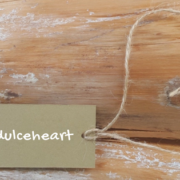
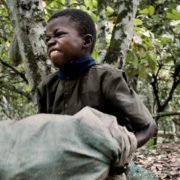
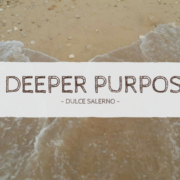
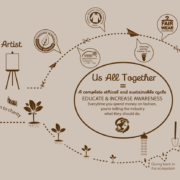
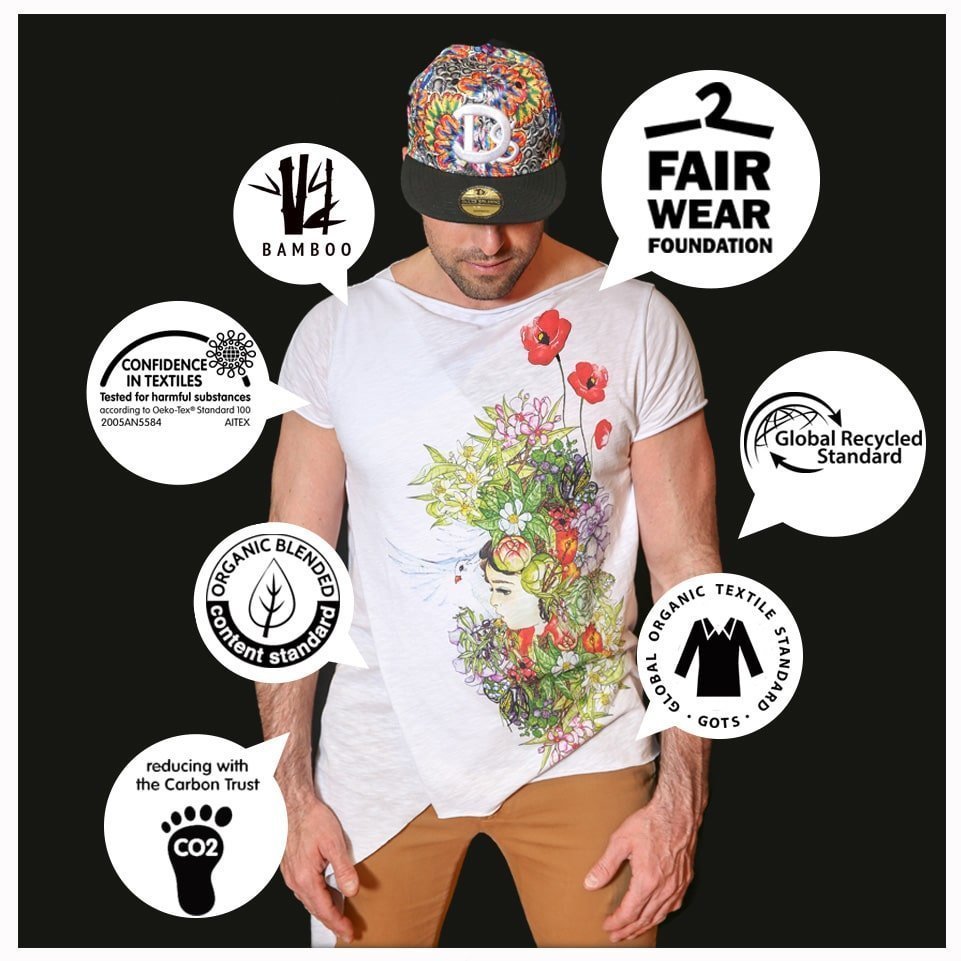
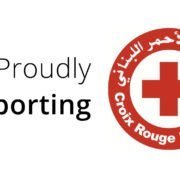
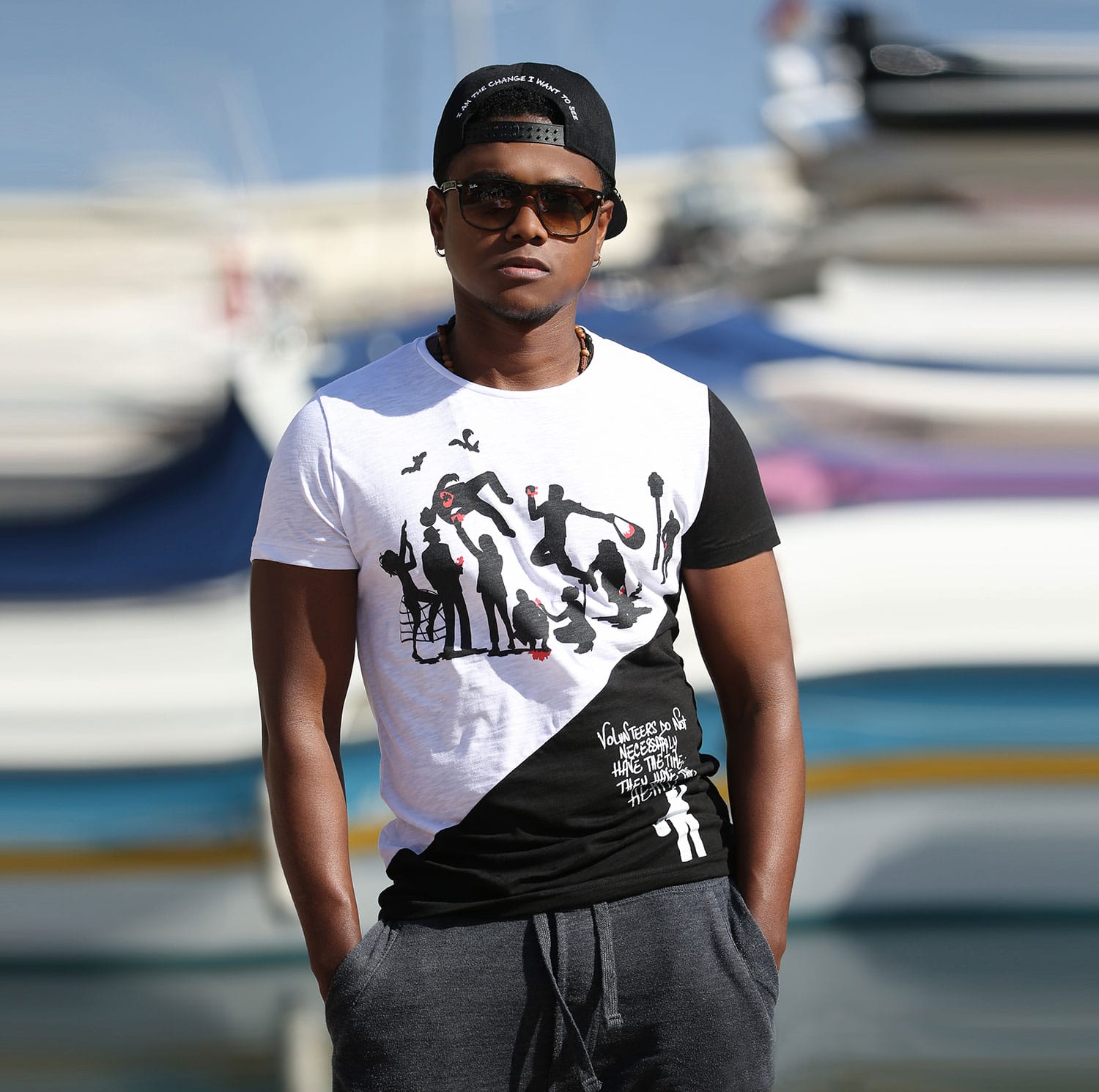
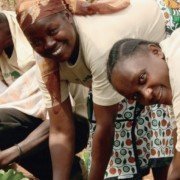



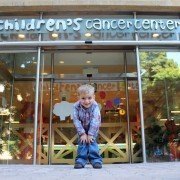
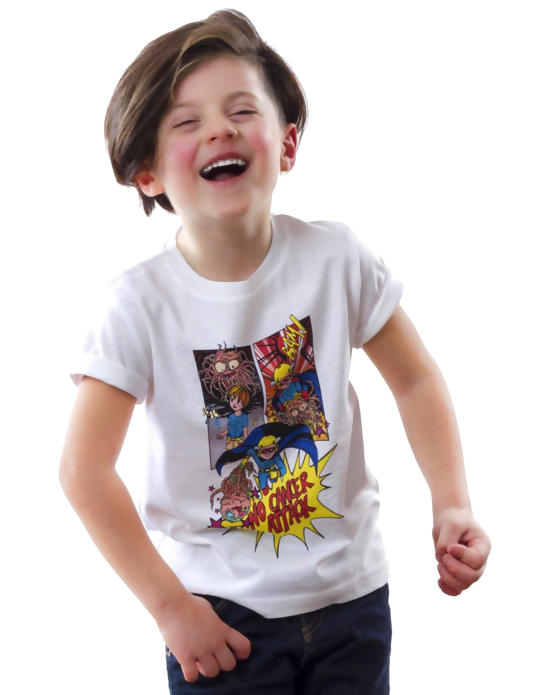
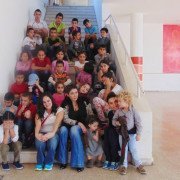
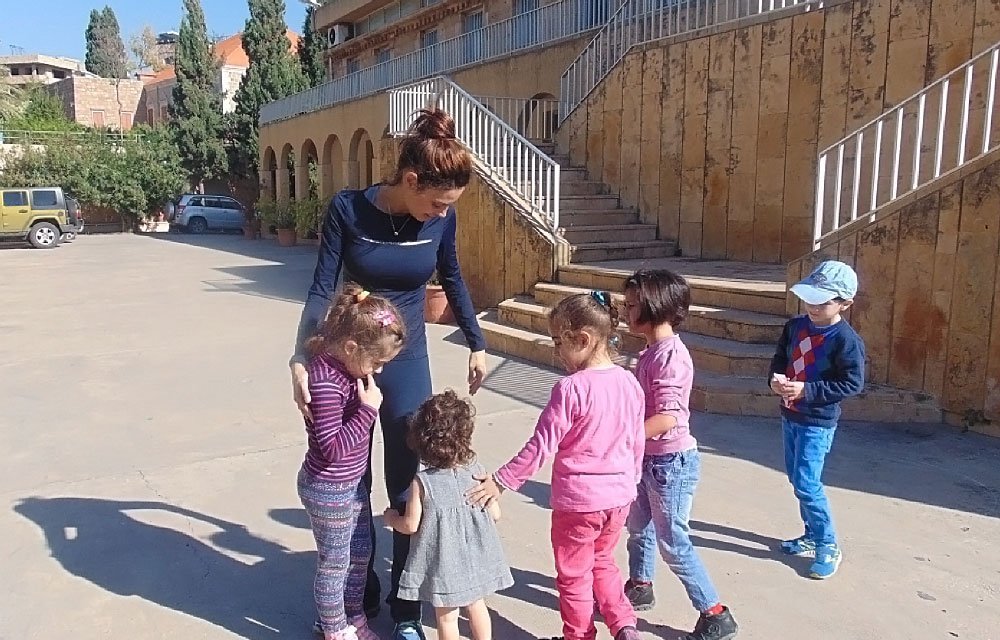
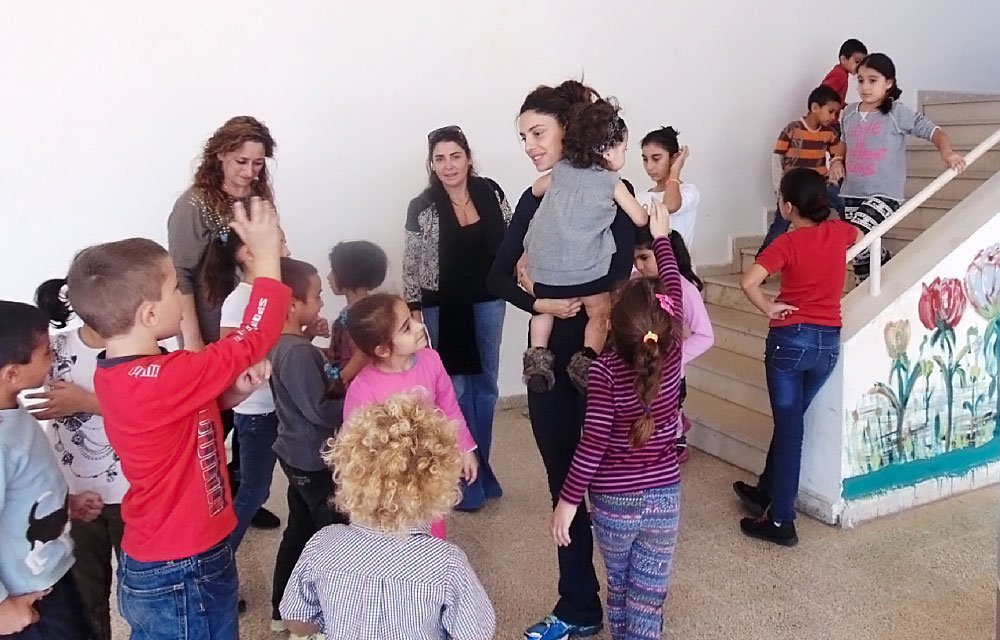




Stay tuned